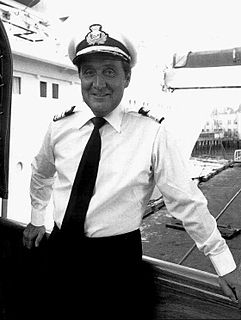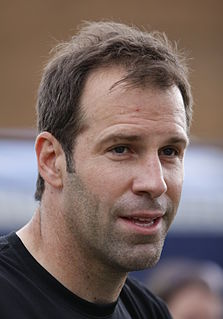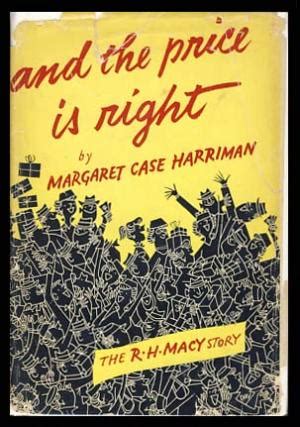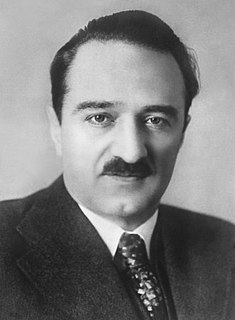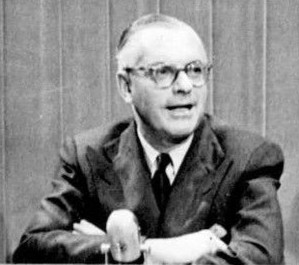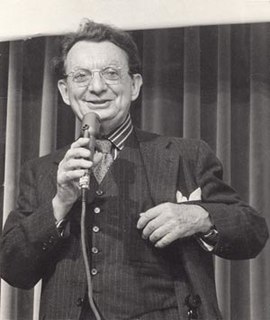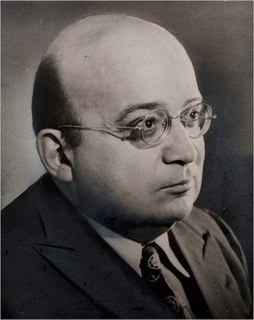Top 1200 Newspapers Quotes & Sayings
Explore popular Newspapers quotes.
Last updated on April 15, 2025.
Newspapers are technologically obsolete. In the days of instant electronic communications, its crazy to have to print these newspapers at a central plant and deliver them by truck. They're the biggest problem with our solid-waste disposal. And the news you get is a day old. You can get it off the Internet instantaneously for a fraction of the cost.
Journalism is a great profession. It's complicated now. People talk about the demise of investigative reporting. I was a judge in some award contest recently, and the stuff that is being done by major newspapers, and local, regional papers around the country, is great. Newspapers play an amazing role in our society, and I still think they are important. I'm sorry newspaper circulation is down. Ultimately, the importance of newspapers can't be replaced.
I blame the newspapers because every day they call our attention to insignificant things, while three or four times in our lives,we read books that contain essential things. Once we feverishly tear the band of paper enclosing our newspapers, things should change and we should find--I do not know--the Pensées by Pascal!
Quinn's First Law of Investing is never to buy anything whose price you can't follow in the newspapers. An investment without a public marketplace attracts the fabulists the way picnics attract ants. Stock brokers and financial planners can tell you anything they want, because no one really knows what's true. The First Corollary to Quinn's First Law states that, even when the price is in the newspapers, you shouldn't buy anything too complex to explain to the average 12-year-old.
In the eight years I worked at newspapers, even during a little stretch when I was a film critic, I was never, ever doing exclusively criticism. In the daily newspaper world, much more value is placed on reporting than on thinking abstractly about art. The eight years I was in newspapers, I was mainly a journalist in the conventional sense, and just doing criticism when there were opportunities.
[On women getting the vote:] The newspapers, poor dears, looked of course for something very spectacular. But then newspapers are always apt to be more interested in phenomena like meteors than in the slow growth of a mighty tree. Wait ten years, and the politicians will one day wake up and say, 'Look who's here!
I really love newspapers. They are disposable. They are recyclable. They fall apart so easily. They are not like iPads or Kindles that can't be disposed of and end up on some third-world shore. And I love the heritage of them, the whole history of mass communication. Newspapers changed the world from being a really class based, feudal system to people being able to cheaply get information that informed them.
The syndicates take the strip and sell it to newspapers and split the income with the cartoonists. Syndicates are essentially agents. Now, can you imagine a novelist giving his literary agent the ownership of his characters and all reprint, television, and movie rights before the agent takes the manuscript to a publisher? Obviously, an author would have to be a raving lunatic to agree to such a deal, but virtually every cartoonist does exactly that when a syndicate demands ownership before agreeing to sell the strip to newspapers.
I had a nice part at big newspapers, small newspapers, and then I went to a very big newspaper - 'The Wall Street Journal.' I wrote longer pieces, and I got tired of working so hard on stories that had a shelf life of essentially one day. So then I started working on longer magazine pieces and realized then that you might as well be writing a book.
As people get their opinions so largely from the newspapers they read, the corruption of the schools would not matter so much if the Press were free. But the Press is not free. As it costs at least a quarter of a million of money to establish a daily newspaper in London, the newspapers are owned by rich men. And they depend on the advertisements of other rich men. Editors and journalists who express opinions in print that are opposed to the interests of the rich are dismissed and replaced by subservient ones.
I think journalist is a great profession. It's complicated now. People talk about the demise of investigative reporting.Newspapers play an amazing role in our society, and I still think they are important. I'm sorry newspaper circulation is down. Ultimately, the importance of newspapers can't be replaced.
Liberty lives in protest and democracy prospers under conditions of change. When we travel about the world and come to a country whose newspapers are filled with bad news we feel that liberty lives in that land. When we come to a country whose newspapers are filled with good news, we feel differently.
Thomas Jefferson despised newspapers, with considerable justification. They printed libels and slanders about him that persist to the present day. Yet he famously said that if he had to choose between government without newspapers and newspapers without government, he would cheerfully choose to live in a land with newspapers (even not very good ones) and no government.
Distinguish between the work and the job title. When I was leaving school in the early 1970s, many people wanted to be journalists, carrying out investigative reporting for print newspapers. Print newspapers may not exist in twenty years. But good thinking and good writing about issues that need to be reported and investigated will always be needed; but where this happens, what it is called, and who pays for it may be quite different than could have been envisioned by the great journalists of the past.
The basis of our governments being the opinion of the people, the very first object should be to keep that right; and were it left to me to decide whether we should have a government without newspapers or newspapers without a government, I should not hesitate a moment to prefer the latter. But I should mean that every man should receive those papers and be capable of reading them.
























